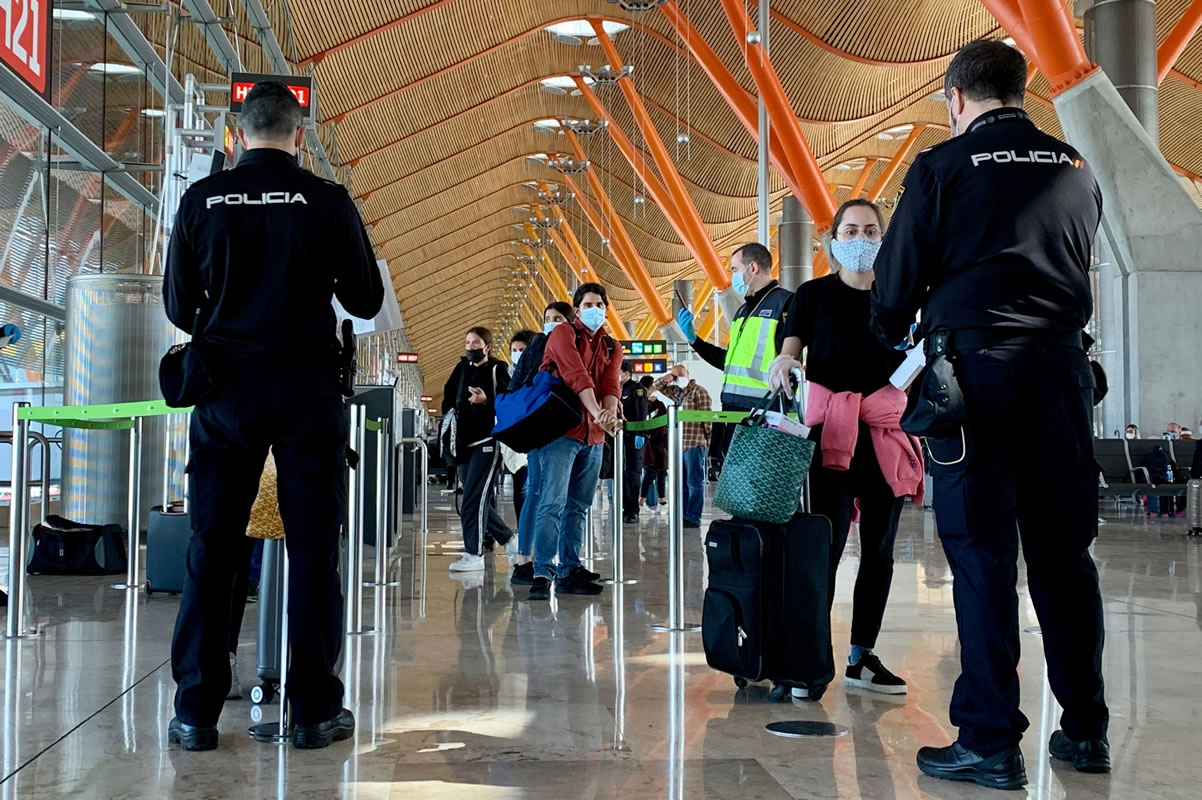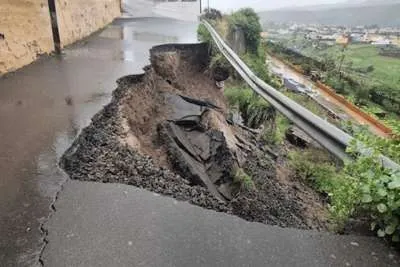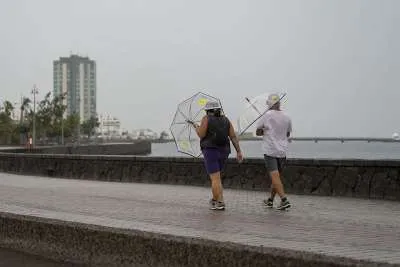Epidemiologists ask for 14-day quarantines for travellers from ‘risk’ countries
- 03-05-2021
- National
- Canarian Weekly
The Spanish Society of Epidemiology (SEE) has requested this Monday quarantines of 14 days to travellers from risk areas and has appealed to citizens not to lower their guard after the end of the state of alarm, especially in May and June, because the pandemic is not over yet.
From Saturday, all people arriving from India must observe 10 days of quarantine, the same period that has prevailed for months for travellers from Brazil, South Africa, Republic of Botswana, Union of Comoros, Ghana, Kenya, Mozambique, Tanzania, Zambia , Zimbabwe, Peru and Colombia, all effectively on Spain’s ‘red list’ of travel.
But, in a statement, epidemiologists want, given the foreseeable increase in travel and the arrival of tourists, guarantees that control at borders and airports will continue, especially of those people who come from risk countries where there are new variants of the coronavirus, "They are causing a very worrying situation," for which they recommend 14-day quarantines.
"Otherwise, there is a risk that these new strains will spread in the community and could lead to increased transmission, with the possibility that some of these variants cause a more serious disease or are more resistant to vaccines" they warn.
The SEE is of the opinion that, despite the great effort in the vaccination campaign, the level of immunity sufficient to stop the virus in a significant way, has not yet been reached and that it will still take “some time to reach coverage of the immunized population that starts to limit the transmission of the virus, especially among the most vulnerable groups.”
However, they fear that with the lifting of the state of alarm, which could put an end to some of the restrictions that have been in force in recent months and return mobility between communities, the arrival of the summer season and the advance of vaccination, means the population will let their guard down.
Due to this, they are appealing to the public to take all precautions, since the risk of contagion is still high in many territories: in fact the epidemic is stagnant in Spain with accumulated incidences of more than 200 cases over 14 days, and with the majority of regions still in risk levels 3 or 4.
In addition to asking citizens not to relax, especially in May and June, epidemiologists believe that it is essential to carry out exhaustive contact studies in both partners and non-partners, monitoring compliance with isolations and quarantines in both groups.
They also point out the importance of properly collecting the epidemiological antecedents of the positives to know how they have been infected and to be able to control possible undetected cases of the same transmission chain, as well as to detect if there is any possibility that there are cases of new variants; in the event of any suspicion, they should be analyzed by genomic sequencing.
And that of maintaining and reinforcing epidemiological surveillance and control activities at all levels, such as the Epidemiology Surveillance Services of Compulsory Notifiable Diseases, which allow adequate and exhaustive monitoring of cases.
Finally, they appeal to the need to continue respecting non-pharmacological prevention measures, such as using masks correctly, maintaining good hand hygiene, ventilation, keeping interpersonal distance, and avoiding crowds, prioritizing outdoor activities.


























































